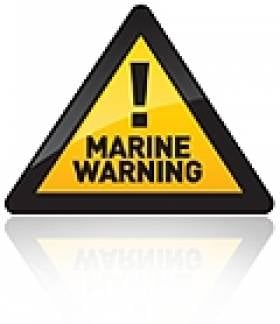Displaying items by tag: heat wave
Heat Wave Masks the Dangers of Cold Water & Rip Currents
Hot weather often lulls people into a false sense of security that will place lives at risk this weekend at beaches, rivers and lakes. Knowing the dangers will reduce the chance of water-related accidents and tragedies.
Rip-Currents - the tidal influence of a new moon on Saturday will cause stronger than normal rip currents this weekend. It will be the first outdoor swim of the year for many people unaware of the dangers of swimming in open water. To escape a rip current, never swim against this narrow current of water flowing away from a beach. Instead, swim parallel to shore, out of the narrow current, then swim back to shore.
Cold Water - contrary to the heat on shore, coastal water temperatures are only approximately 10° Celsius. Swimming may give the feeling of warmth but muscles cool quickly in cold water which may impair a person's ability to swim ashore. Inland waterways are cooler still.
Stranding - the tidal influence of a new moon on Saturday will expose greater areas of beach, increasing the risk that walkers will be stranded by a fast incoming tide.
Supervision - Children are curious about water therefore it is critical that adults supervise children at all times at beaches, inland waterways and farms.
Thousands of people will flock to our waterways so make sure you wear a Lifejacket fitted correctly and worn with a crotch strap.






























































